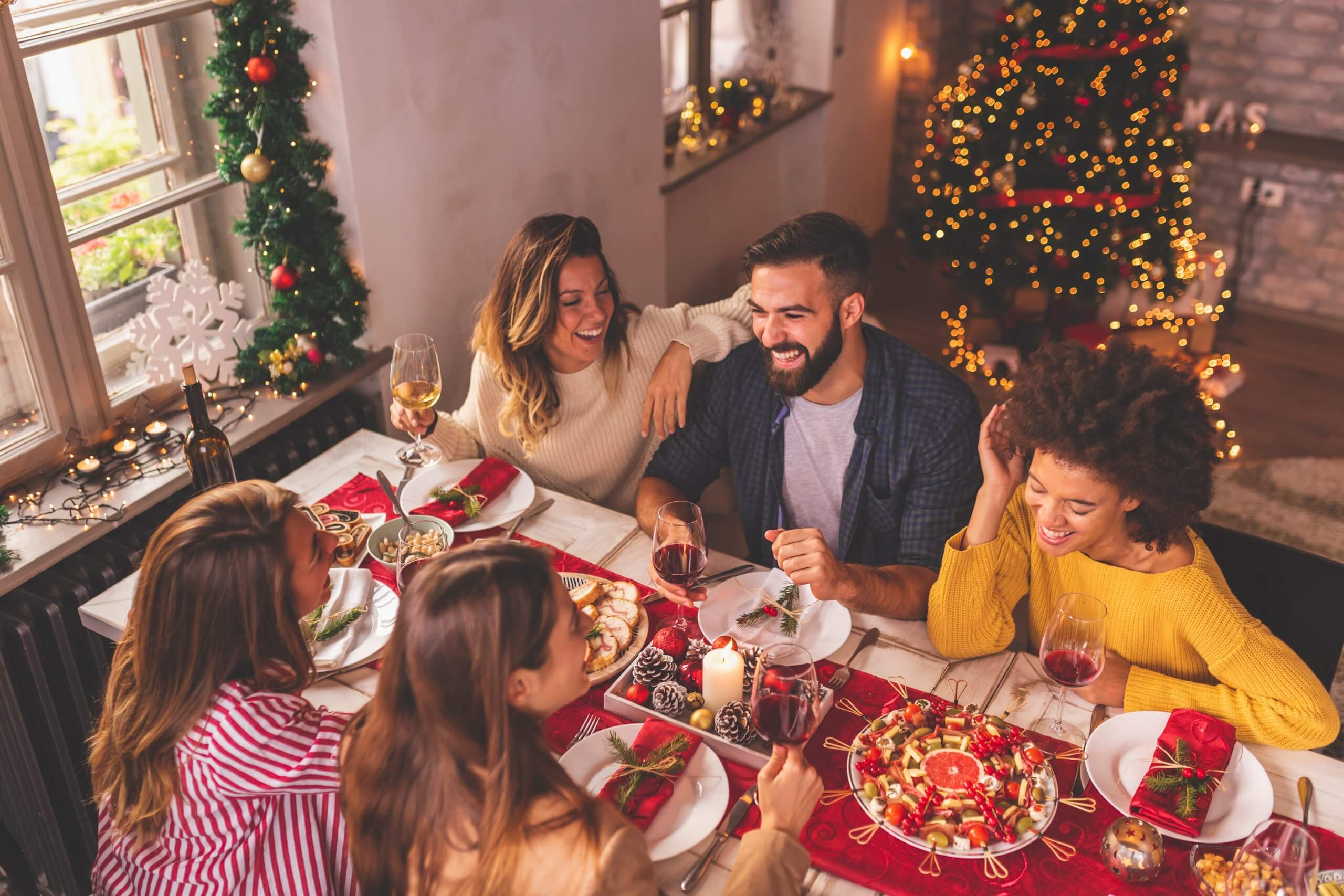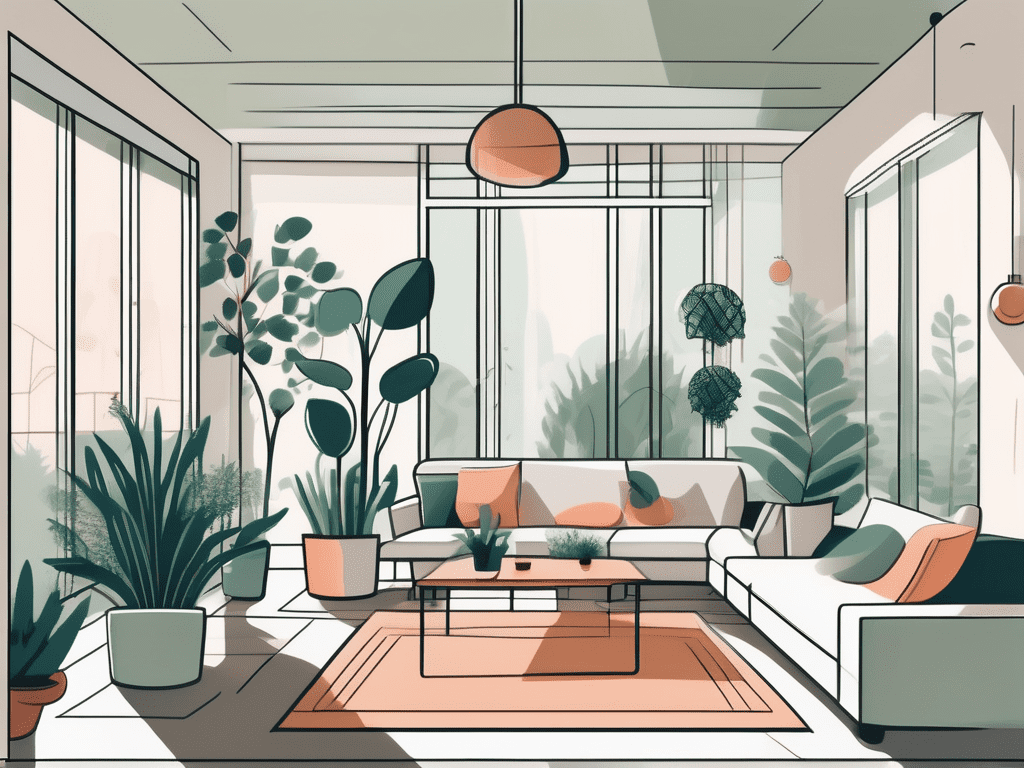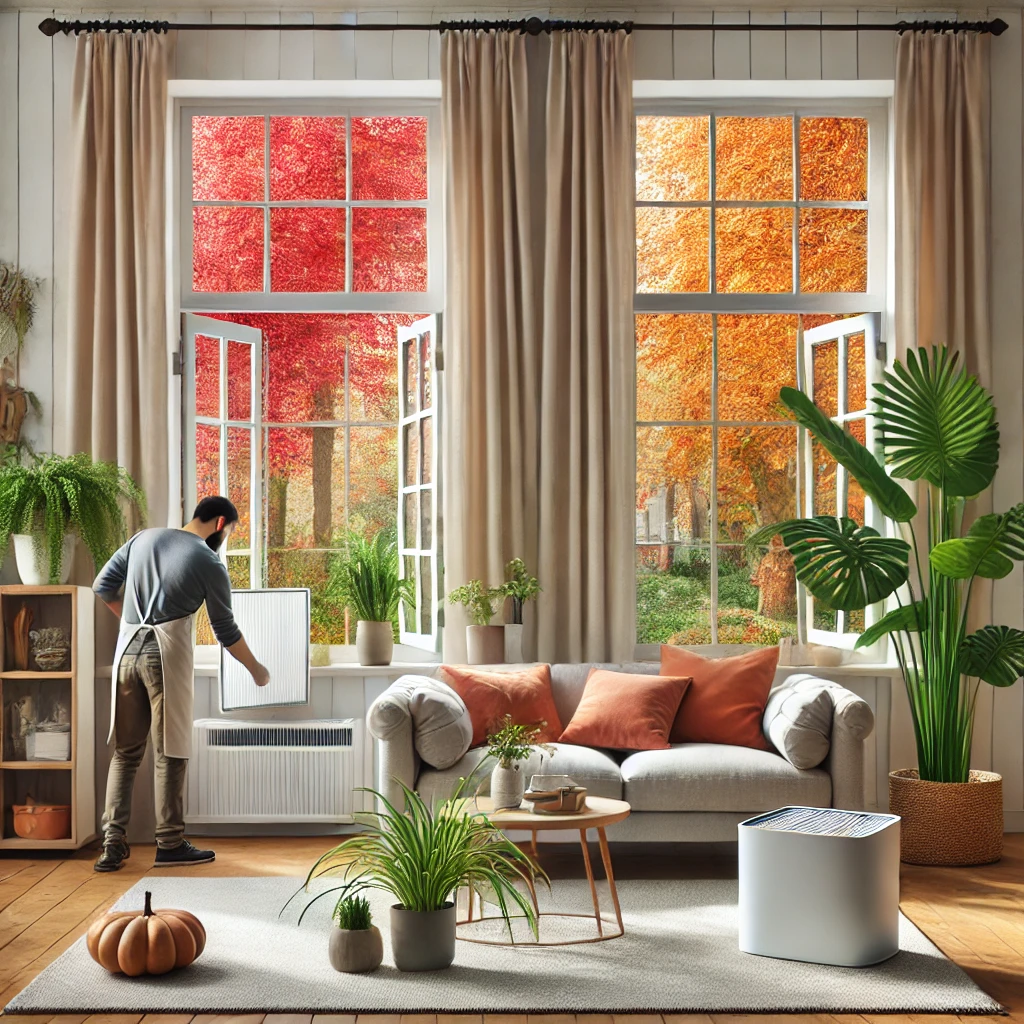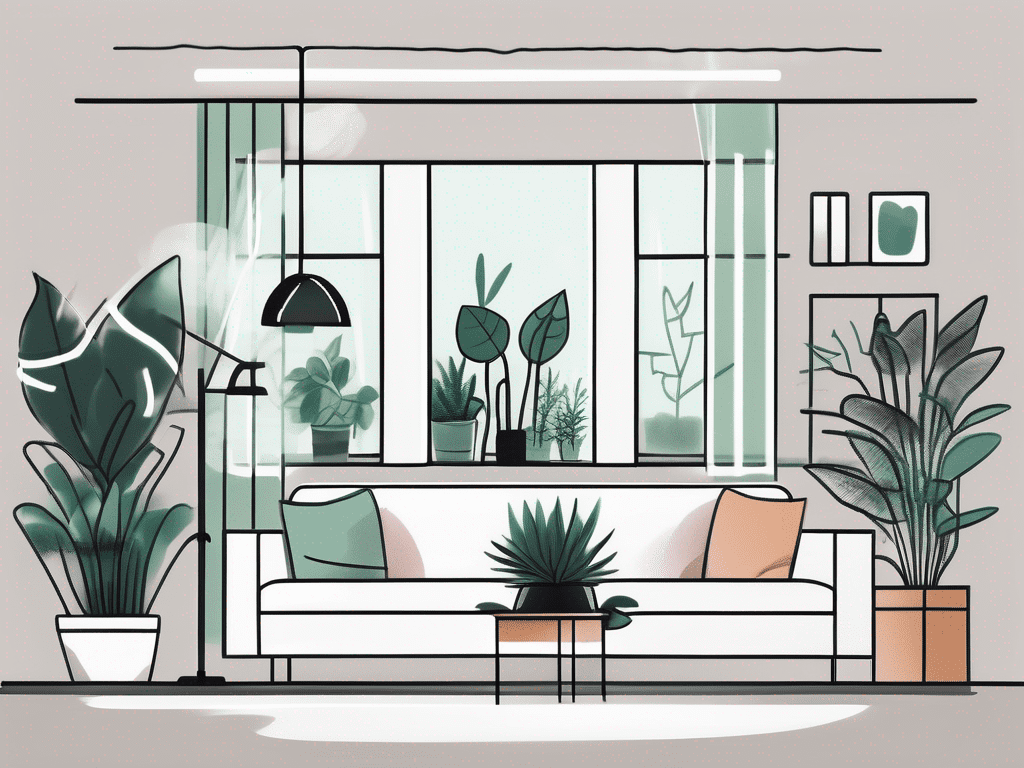This time of year is full of reasons to celebrate. Hanukkah, Diwali, Christmas, Las Posadas, Kwanzaa, the winter solstice, Pavarana, New Year’s, Thanksgiving, Yom Kippur and Halloween are just a few of the holidays that occur during the fall and winter months. Regardless of belief, there are plenty of reasons to gather and celebrate. However, it’s important to do so safely. What does holiday home safety look like with regard to indoor air quality? Let’s take a look at 10 holiday HVAC tips that will protect you and your loved ones.
Holiday Home Safety: The HVAC System and Indoor Air Quality
1. Monitor Your Thermostat
The fall and winter seasons are accompanied by cold weather. You may be inclined to turn up the heat while you’re away in preparation for your return. In order to save energy and reduce costs, instead set your thermostat to a lower temperature when you are away. This will also circumvent potential overuse issues.
2. Dust and Vacuum
Your HVAC system can collect dust and debris rather quickly. Regularly dusting and vacuuming are two simple, yet effective ways to increase the efficacy and efficiency of your HVAC system. In turn, this will improve indoor air quality, allowing your holiday guests to breathe right.
3. Replace Air Filters
Did you know that air filters need to be replaced regularly? Or that all air filters aren’t created equally—some need to be replaced sooner than others! First, determine what type of air filter is appropriate for your home. (We’re partial to high-efficiency pleated media air filters.) Then, turn to your trusted HVAC contractor to supply and install the new air filter. It’s as simple as that! Dirty air filters circulate air pollutants, exacerbating allergies and asthma. Furthermore, a dirty air filter requires your HVAC system to work harder. This can lead to system failure, costing you a lot of money.
 Home Air Filter: Having trouble choosing the right air filter for your home? Check out our guide that fully explains all the different kinds of whole-home air filters that are available today. Read more →
Home Air Filter: Having trouble choosing the right air filter for your home? Check out our guide that fully explains all the different kinds of whole-home air filters that are available today. Read more →4. Consider Whole-Home Humidity Control
A lot of wintertime air quality issues stem from moisture control issues. Depending on your local climate, HVAC system, home’s construction age and general living habits—dry air or increased moisture can both be winter concerns. Installing a whole-home humidifier to tackle dry air or dehumidifier to prevent water damage are useful healthy home upgrades.
5. Schedule a Routine HVAC Inspection
No one wants the holiday story of the time the heater broke! It would be a shame if your home system failed during a holiday gathering or cold winter weather. That’s why it’s always beneficial to schedule a routine HVAC inspection once or twice per year. An HVAC system is similar to a car, both are complex machines and require the attention of an expert. An HVAC technician will clean the vents and outdoor unit, troubleshoot issues and answer any questions you may have.
6. Clean the Outdoor Unit
When discussing HVAC system health, the outdoor unit is often forgotten. This is unfortunate, as cleaning the outdoor unit is an integral part of HVAC maintenance. Dirt and debris can find their way into the unit, impairing its ability to function properly. Take a look at your outdoor unit and remove leaves, branches, rocks and other items that are caught. And, ensure that the space around the unit is clear.
7. Decorate With Caution Indoors
Holiday decorations are beautiful, but they can worsen indoor air quality if you’re not careful! First and foremost, be mindful when bringing in decorations. Most of us store them in garages, basements and spaces prone to dust and moisture AKA dust mites and mold. Dust off old boxes before brining them inside and opt for plastic containers over cardboard boxes.
Additionally, when buying new decorations beware of cheap plastics that release VOCs and harmful contaminants into the air. Also be wary of pumpkins, gourd and other live decorations that can grow mold. Allergy and asthma sufferers in particular may react negatively to these decorations.
Make sure to not decorate near vents or the outdoor unit, as this will impede their function and worsen indoor air quality. And, decorative lights should comply with the Consumer Product Safety Commission’s standards.
8. Keep an Eye on Your Christmas Tree
Whether you choose a Douglas Fir, Blue Spruce or Virginia Pine, it’s important to care for your holiday tree. If choosing a live Christmas tree, opt for a fresh, green tree with needles that do not fall off when handled. Similar to pumpkins and gourds, living decorations are a mold risk. Christmas trees can also increase pollen levels indoors. Also, do not place your tree near vents and heat sources (e.g., fireplaces and radiators).
9. Consider Fewer Candles
Candles provide a gentle, glowing light and a lovely scent that livens any room. Unfortunately, most candles—especially scented candles—harm indoor air quality. They release carcinogenic toxins such as benzene, toluene, formaldehyde and acetaldehyde. Choose natural ones with cotton wicks instead. Do not burn candles near vents and avoid burning them for a prolonged period of time.
10. Beware of Cooking Pollution
When cooking a delicious holiday dinner, avoid using wood burning appliances, whether indoors or outdoors. Wood burning appliances emit VOCs and other air pollutants that reduce indoor and outdoor air quality. But cooking pollution occurs with gas stoves and ovens as well! Make sure your kitchen appliances vent to the outside and consider opening windows during peak cooking periods or upgrading to a mechanical ventilation system from a consistent influx of fresh filtered outdoor air.
Stay Safe This Holiday Season
The holidays are such a wonderful time filled with incredible decorations, towering trees and flavorsome feasts. When preparing for the holiday season, it’s important to remember the aforementioned holiday HVAC tips in order to protect your HVAC system and indoor air quality. Stay safe and happy holidays!






